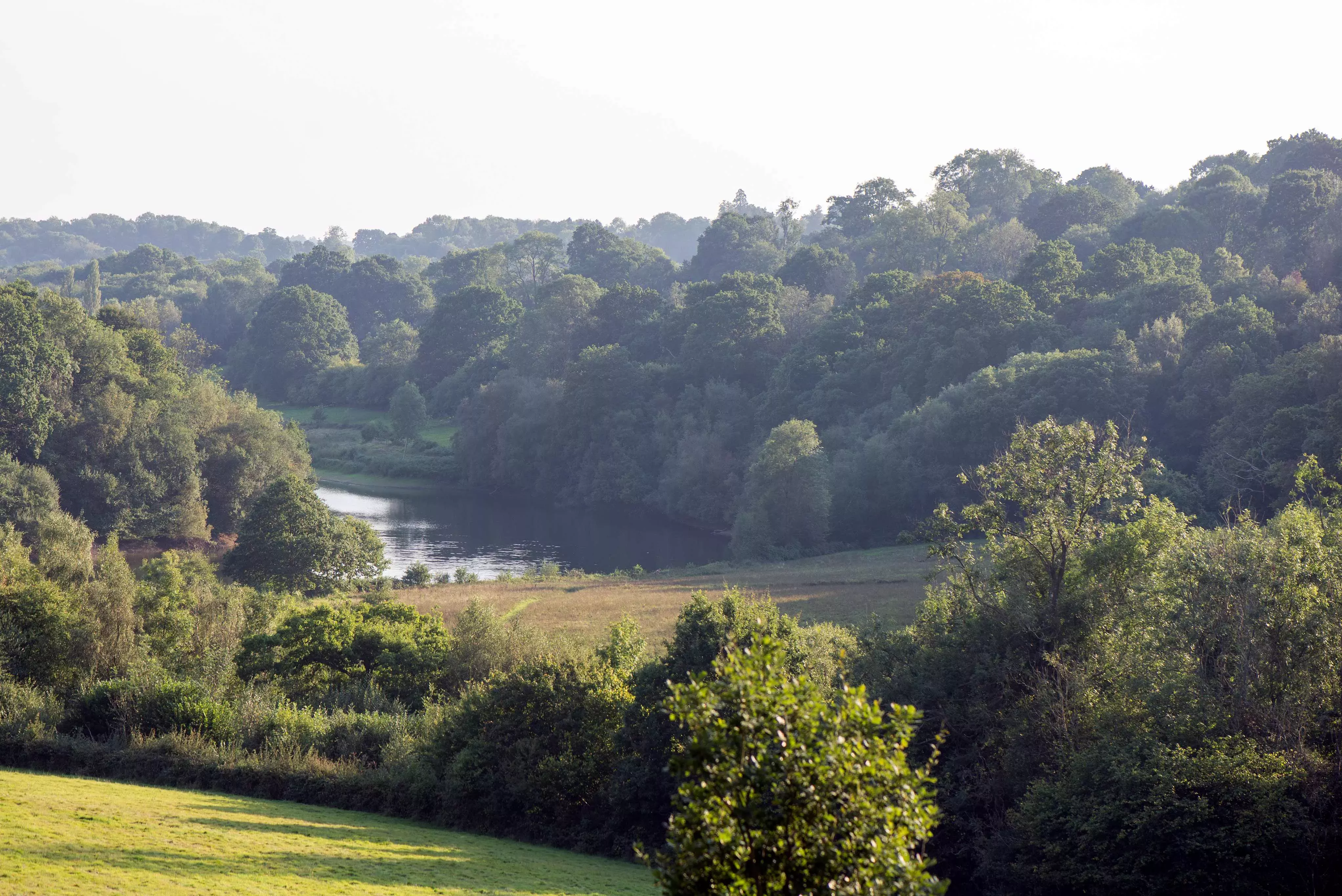KS1 Pollination trail
Pupils search for bees and other pollinators and learn about the pollination process (available seasonally from late spring to early autumn).

Level
Duration
Allocated space
Recommended dates
Pupils are taken on an interactive trail to find out why pollination is important and how different plants are pollinated.
They visit our Pollination Garden to see beehives and discover a variety of flowers associated with bees.
Learning outcomes
We design our sessions to match the learning outcomes in the national curriculum.
All our sessions have a cross-curricular approach and are tailored to suit the educational needs of your group. We aim to give pupils opportunities to work scientifically in areas that are difficult or impossible to create in the school environment.
This session offers pupils the opportunity to:
- Observe and compare different pollinators.
- Notice flower colours that attract them.
- Make links between flowers and pollination and the production of seeds.
Curriculum links
This KS1 visit supports and enhances the science curriculum offered in schools.
Year 1 - Plants
- Identify and describe the basic structure of a variety of common flowering plants, including trees.
Year 2 - Plants
- Observe and describe how seeds grow into mature plants.
Year 2 - living things and their habitats
- Identify and name a variety of plants and animals in their habitats, including microhabitats.
- Describe how animals obtain their food from plants and other animals, using the idea of a simple food chain, and identify and name different sources of food.
